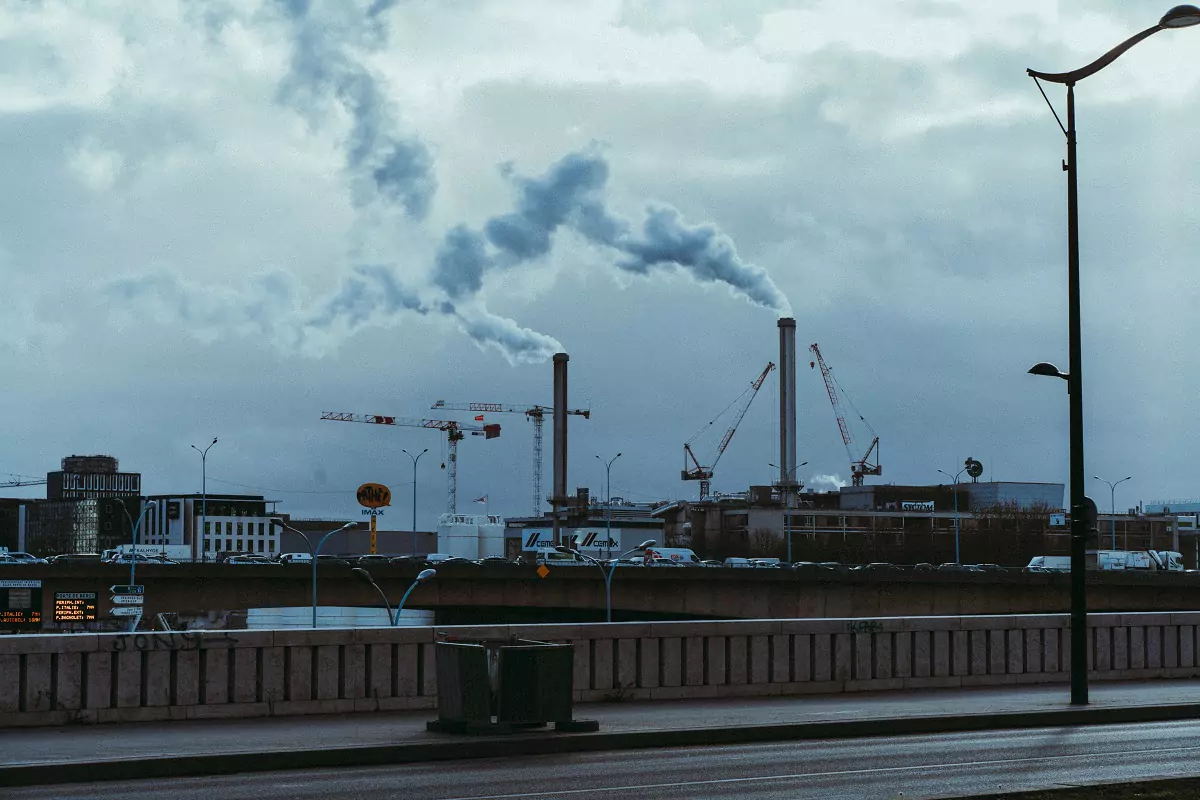French President Emmanuel Macron has announced an ambitious national plan to cut back France’s dependency on fossil fuels and lower greenhouse gases significantly by the end of this decade.
The extensive 50-point programme, dubbed “écologie à la française” by the President and which focuses on climate, biodiversity, the circular economy and energy, was revealed earlier this week.
It seeks to cut greenhouse gas emissions by more than 50% compared to levels from 1990 and reduce national dependency on traditional fuel sources such as petrol and gas from 60% to 40% by 2030. Coal-powered electricity plants will cease to be in operation by 2027 under the new plans.
In his speech at the Elysée, Macon said it is essential that “France reduces [its] dependence on so-called fossil fuels, coal, petrol and gas, which [we] don’t produce any more but on which we depend”, adding that an additional €10 billion had been allocated by the state in order to fund the necessary changes.
Investments in infrastructure and technology
One major aspect of this plan will be lessening emissions produced by heating and cooling systems, which, according to the International Energy Agency, account for nearly half of the planet’s energy use. Almost two-thirds of these systems are powered by fossil fuels.
France is to build and install a million new heat pumps over the next four years, according to Macron, which he described as “a fabulous lever for substitution, with much lower energy consumption and emissions”. This is triple the current national production levels and will require the training of 30,000 people.
France will also be seeking to increase electric vehicle production to a million cars each year by 2027, build more offshore windfarms, and establish new or larger electric battery factories.
Additionally, Macron’s scheme is pouring €700 million into the building of 13 suburban train lines to “encourage people to move away from private cars to low-emission public transport”.
Furthermore, the country’s 50 worst-polluting industrial sites are being asked to sign an agreement to reduce pollution by 45% by 2030.
Make sure you’re never left out of the conversation.
Sign up for the Monaco Life newsletter, and follow us on Facebook, Twitter, Instagram and LinkedIn.
Photo source: Florian Olivo, Unsplash
